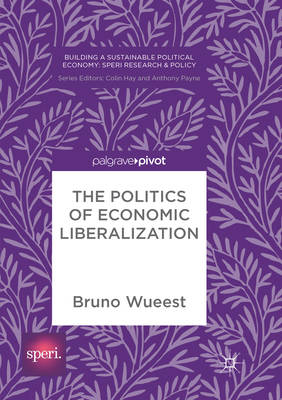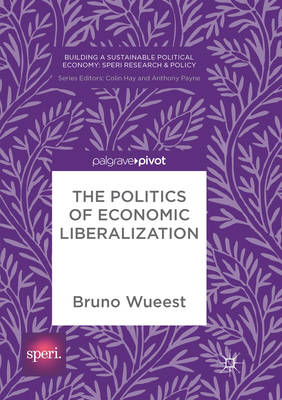
- Afhalen na 1 uur in een winkel met voorraad
- In januari gratis thuislevering in België
- Ruim aanbod met 7 miljoen producten
- Afhalen na 1 uur in een winkel met voorraad
- In januari gratis thuislevering in België
- Ruim aanbod met 7 miljoen producten
Omschrijving
This book analyses the discourses of economic liberalization reform in six Western European countries - Germany, France, the United Kingdom, the Netherlands, Switzerland and Austria. It provides systematic empirical evidence that policy-related discourses are much more than noise; rather, they are detailed expressions of institutional complementarities and political struggles. The author posits that the more open a discourse, the broader the range of perceived interests, which, in turn, increases the intensity of conflicts. Similarly, the more public discourse centres on coordination, the more intense actors need to engage with opposite interests, which most probably intensifies political disputes as well. Moreover, Wueest argues that the formation of a consensus within the political mainstream has left a vacuum for outsider parties such as Syriza in Greece and Podemos in Spain to feed on the contentiousness of economic liberalization policies.
Specificaties
Betrokkenen
- Auteur(s):
- Uitgeverij:
Inhoud
- Aantal bladzijden:
- 169
- Taal:
- Engels
- Reeks:
Eigenschappen
- Productcode (EAN):
- 9783319872902
- Verschijningsdatum:
- 24/08/2018
- Uitvoering:
- Paperback
- Afmetingen:
- 155 mm x 211 mm
- Gewicht:
- 247 g

Alleen bij Standaard Boekhandel
Beoordelingen
We publiceren alleen reviews die voldoen aan de voorwaarden voor reviews. Bekijk onze voorwaarden voor reviews.









